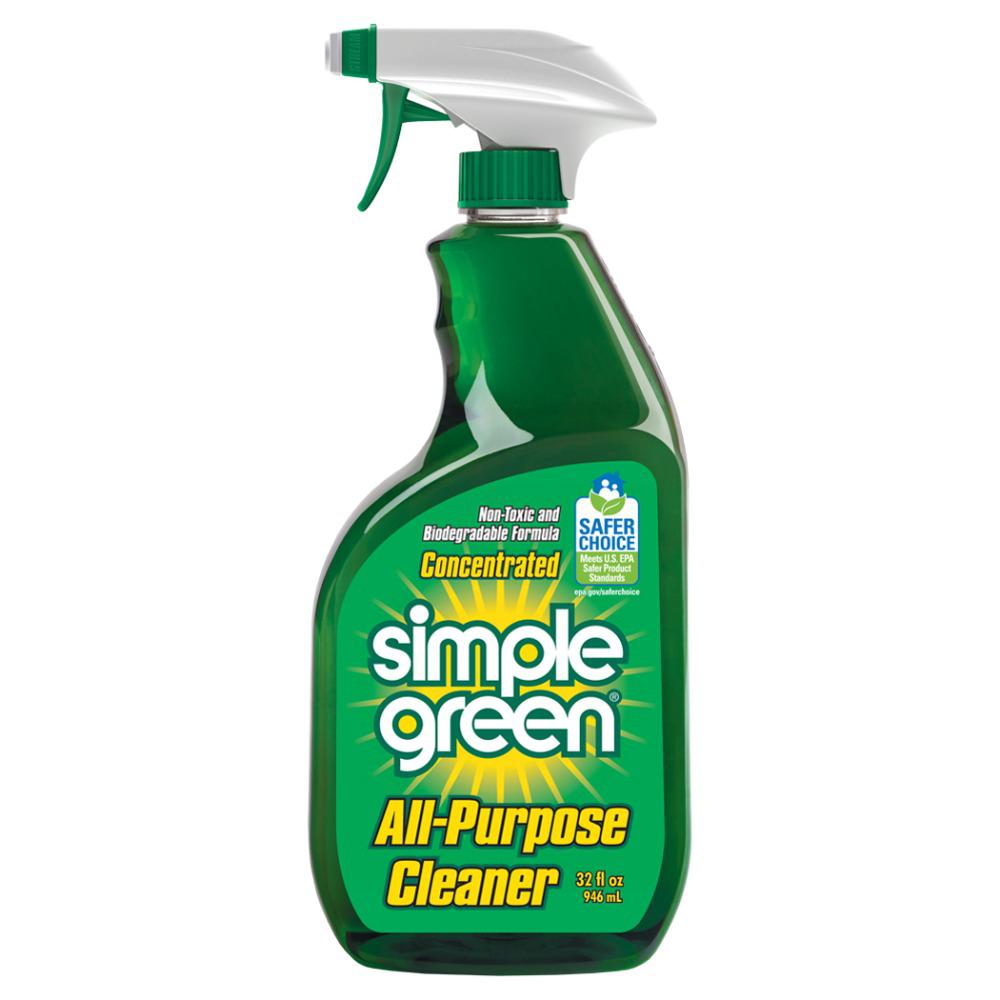As consumers sweep the shelves of grocery stores for hand sanitizer, Clorox wipes, antibacterial soaps, and immune support medicine, people are often negligent of their repercussions on the environment.
Most easily seen are disinfecting wipes, which are made of a woven polyster-like material. This causes it to ask similarly to polyester clothing and thus being overall nonbiodegradable. Their increased use will have a toll on the environment as they fill landfills, pollute waterways, and get flushed into the sewage system, causing blocks. It is easy to see why these are incredibly appealing to consumers, though, as they are easy to use, get the job done, and smell pleasant. However, most users are unaware of their environmental impact. Using them when needed is okay, but hoarding them and excessively using them will damage the environment.

Clorox has developed its own compostable version of disinfectant wipes, which can be decomposed within a few months depending on conditions.

However, another alternative is the use of a traditional spray bottle along with a paper towel or rag, which would effectively get the job done. Simple Green is an environmentally friendly alternative to traditional cleaning methods, with its formula being both non-toxic and biodegradable. Additionally, it is significantly cheaper than the price of cleaning wipes. This alternative may act as a better solution to keeping our homes clean from pathogens.
Antibacterial soaps pose another issue to our environment. If any traces of the chemicals run off into the surrounding ecology, the ecosystem can be damaged right away. As antibacterial soaps are incredibly powerful at rendering bacteria and viruses inactive while we wash our hands, it has the same impact of the bacteria in our environment. Bacteria play a key roll in ecosystems around the world, often starting and ending the food chain. If the increased use of antibacterial soaps in this time of panic results in run off to the surrounding ecosystem, everything may be thrown off. As ecologists and environmentalists study the impact of the coronavirus on the environment, the impact of antibacterial soaps must be considered.
A final and significantly smaller consideration is the disposal of the bottles containing these products: hand sanitizer, soaps, medicines. Through this time of panic where people may forget about the environment, media must still promote the practice of recycling plastic bottles. These items add up as all families begin consuming them, and proper disposal is the civic responsibility of each household.
I thought this topic was very interesting. I, like many other people right now, have been grabbing for clorox wipes and other cleaning supplies way more frequently recently than usual. I hadn’t even thought at all about the environmental repercussions of using these types of products. Going forward, I will definitely look for some of the greener alternatives you have given.